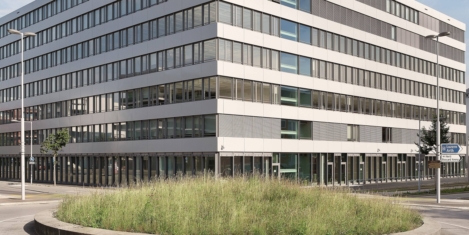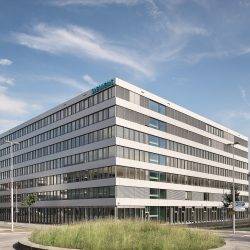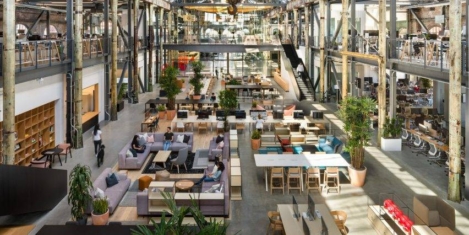December 21, 2018
Are open plan workspaces truly evil or is this just fake news?
 A recently published paper describing the results of an academic study by Ethan S. Bernstein and Stephen Turban[1], both of Harvard, has become another unwarranted casualty of the debate within our industry and in the mainstream media on ‘open plan’ offices versus anything else. The researchers conducted two controlled studies in different organisations before and after a workplace refurbishment from dedicated cubicles to dedicated open plan (benching) neighbourhoods, and concluded that face to face interaction reduced significantly, while email and other digital communications increased in the new environment.
A recently published paper describing the results of an academic study by Ethan S. Bernstein and Stephen Turban[1], both of Harvard, has become another unwarranted casualty of the debate within our industry and in the mainstream media on ‘open plan’ offices versus anything else. The researchers conducted two controlled studies in different organisations before and after a workplace refurbishment from dedicated cubicles to dedicated open plan (benching) neighbourhoods, and concluded that face to face interaction reduced significantly, while email and other digital communications increased in the new environment.







 Technology is in the process of transforming almost every aspect of society, with change happening at an “accelerating rate,” and this is being made possible due of simultaneous rapid advances in several key areas of technology. This is according to a new White Paper on
Technology is in the process of transforming almost every aspect of society, with change happening at an “accelerating rate,” and this is being made possible due of simultaneous rapid advances in several key areas of technology. This is according to a new White Paper on 












 Two-fifths of job-seekers are being hired into new roles only to discover they have the wrong soft skills for the job. This means over half are leaving companies because their personality or work style didn’t fit, claims news research published by HireVue. The 53 percent of those who had left for this reason saying the format of the hiring process had prevented them from discovering the mismatch earlier. While four-fifths (82 percent) of candidates are confident in their ability to articulate their soft skills and personality traits in an interview, many doubt that pre-hire assessments can showcase these important attributes.
Two-fifths of job-seekers are being hired into new roles only to discover they have the wrong soft skills for the job. This means over half are leaving companies because their personality or work style didn’t fit, claims news research published by HireVue. The 53 percent of those who had left for this reason saying the format of the hiring process had prevented them from discovering the mismatch earlier. While four-fifths (82 percent) of candidates are confident in their ability to articulate their soft skills and personality traits in an interview, many doubt that pre-hire assessments can showcase these important attributes. 












October 15, 2018
Some thoughts on the addictive power of workplace design
by Agustin Chevez • Comment, Workplace design
(more…)